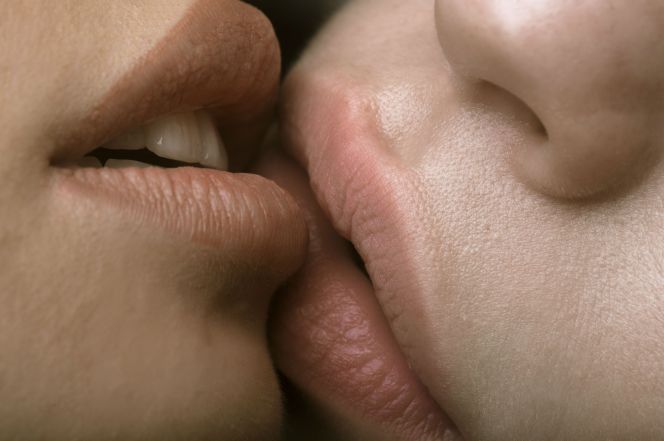Nearly half the Big Apple’s sexually active high-school girls have had female partners — and many engage in behavior that endangers their health, an alarming new study finds.Researchers from New York University and the Albert Einstein College of Medicine based their findings on a 2013 survey of public high-school students citywide — but most heavily in “high-risk neighborhoods” in the Bronx, Brooklyn and Manhattan.Of 4,600 girls surveyed, 1,101, or 27.5 percent, were sexually active. Of those, 513, or 46.6 percent, reported same-sex experiences, according to the study, published this month in the Journal of Pediatric and Adolescent Gynecology.This “vulnerable population of girls” who engage in same-sex or bisexual activity are twice as likely as heterosexual teens to be sexually active. The researchers also found:These girls start having sex sooner, have more sexual partners and suffer more “intimate partner violence.”They are less likely to use contraceptive methods — putting them at higher risk of unplanned pregnancy if they also have sex with boys.They use more alcohol, marijuana and other illicit drugs.They report more suicidal thoughts or attempts. Girls “not sure” of their sexual orientation are at highest risk of trying to kill themselves.Even though female-to female transmission of HIV is possible, many of these girls do not test for it or other sex-related diseases.Dr. Chanelle Coble, an adolescent pediatrician and assistant professor at NYU Langone Medical Center, co-authored the study with Einstein assistant professors and psychologists Rosy Chhabra and Ellen Silver.The researchers found the abundance of same-sex activity even though not all teens who indulged identified themselves as lesbian or bi-sexual.“Just looking at how someone describes themselves doesn’t tell the whole story,” Coble said. “When they’re young, it’s harder for them to be specific about their identity — they’re still exploring and figuring it out.”An advocate for lesbian and bisexual youth called the study’s results, “disheartening, but not surprising.”Lesbian and bisexual girls are often stigmatized and treated with hostility, said Emily Greytak, research director for GLSEN, a Manhattan-based group that promotes safe schools for LGBT students.“That can lead to more risky behavior, and takes a toll on their health,” she said.The surveys were conducted by the city Department of Health for the US Centers for Disease Control and Prevention.
Source: High-risk sex, girl-on-girl experimenting linked among NYC teens | New York Post
